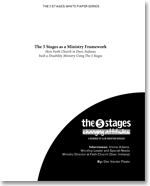
In 1563, two young men were charged with creating a question and answer synopsis of the Christian faith and its practice. The resulting Heidelberg Catechism has been used as a reliable companion to the Scriptures for over 450 years.
The catechism aims to draw the believer’s attention to the crucial elements and questions of the faith, and to answer those questions directly from Scripture. These questions range from the practice of the sacraments to observance of the Law to basic theology.
Why Do Good Works?
One of the age-old questions for Christians is why we should do good, if indeed Christ has already done all the good that’s needed to satisfy our Creator. In the 86th set of questions and answer that make up the Catechism, the authors ask, “Since we have been delivered from our misery by grace alone through Christ, without any merit of our own, why must we yet do good works?”
The answer is given with reference to specific Bible passages:
“Because Christ, having redeemed us by his blood, also renews us by his Holy Spirit to be his image, so that with our whole life we may show ourselves thankful to God for his benefits, and he may be praised by us. Further, that we ourselves may be assured of our faith by its fruits, and that by our godly walk of life we may win our neighbors for Christ.”
So the reasons we should do good work are found in:
- Romans 6:13–Because we are thankful.
- I Corinthians 6:19-20–So that God might be praised because of what we do.
- Matthew 7:17-18–So that we might be assured of our faith.
- Matthew 5:14-16–So that others might be drawn closer to Him.
That Answer’s Not Enough
All of these are very good, and Biblically-based, reasons for doing good works. But they never quite fully answered the question.
I do think we do good works because we’re grateful for all our Lord has done for us, so that others will praise Him and be drawn to Him, and because these works are a sign of our faith. But all these reasons miss what Paul writes in Ephesians 2:
“For we are God’s handiwork, created in Christ Jesus to do good works, which have been prepared in advance for us to do.”
So, this would add a fifth item to the 86th answer in the catechism. We do good works because that’s what we were created to do.
Still Missing Something
Maybe this is missing from the Catechism, but there’s something else missing too. But it’s not because it was overlooked by the authors, but because we overlook it to this day.
In both 1563 and in 2015, the Heidelberg Catechism, its authors and its readers, are missing something. We are missing this very explicit call from the apostle to build God’s Kingdom, to do the work we were called and equipped to do.
But we’re missing something else too. We’re missing the opportunity we have to draw others to Christ by including them in that call.
We are all called to more than belief, to more than thankfulness, to more than being nice people. We are, every one of us–from different economic and social backgrounds different countries, different races and yes, different capabilities–called to do the good works that have been prepared in advance for us to do.
And by everyone, I mean people who we normally do not include in that call, people like Nick.
Nick is God’s Workmanship
Nick has cognitive delays and behaviors that warrant a specialized education to help him reach his potential. Yet, my friend Nick greets me boisterously every time he sees me. He smiles, yells “Mr. Vander Plaats!,” and gives me a high five or even a hug. Nick blesses me. Nick is following God’s call.
For Nick is God’s workmanship, created in Christ Jesus to do good works, which God has prepared in advance for Nick to do.”
The Heidelberg is missing this, but the Bible isn’t. Are you missing this Biblical command, this imperative to following Christ? How are you helping Nick, and other people who live with disabilities to answer God’s call?
 Dan Vander Plaats is the Director of Advancement at Elim Christian Services in Palos Heights, Illinois, a ministry that exists to equip people who live with disabilities to answer God’s call on their lives. He is also a member of the advisory committee for Disability Concerns for the Christian Reformed Church. In 2009, he developed “5 Stages: The Journey of Disability Attitudes” as a resource for Elim. The 5 Stages helps churches and individuals assess their attitudes toward people with disabilities. He is married to Denise (Hiemstra), and is father to Ben and Emma. They are members of Orland Park Christian Reformed Church in Illinois.
Dan Vander Plaats is the Director of Advancement at Elim Christian Services in Palos Heights, Illinois, a ministry that exists to equip people who live with disabilities to answer God’s call on their lives. He is also a member of the advisory committee for Disability Concerns for the Christian Reformed Church. In 2009, he developed “5 Stages: The Journey of Disability Attitudes” as a resource for Elim. The 5 Stages helps churches and individuals assess their attitudes toward people with disabilities. He is married to Denise (Hiemstra), and is father to Ben and Emma. They are members of Orland Park Christian Reformed Church in Illinois.
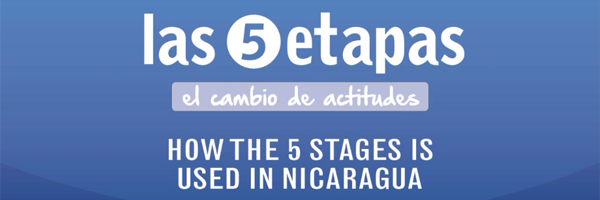
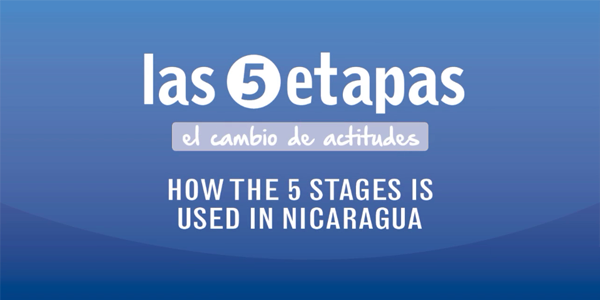


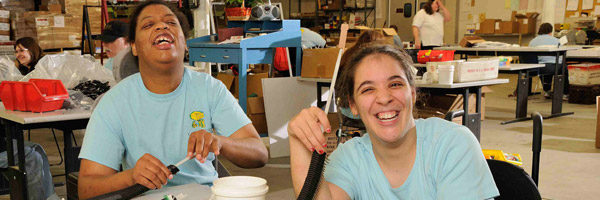
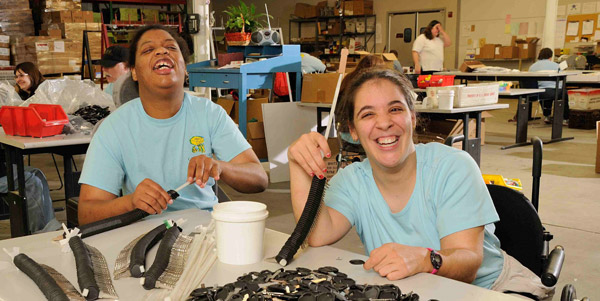

 Bob Marsh is the Vice President for Outreach and Advancement at
Bob Marsh is the Vice President for Outreach and Advancement at 
